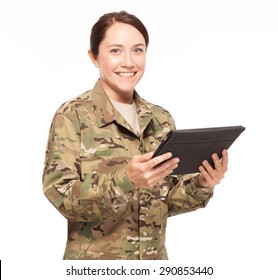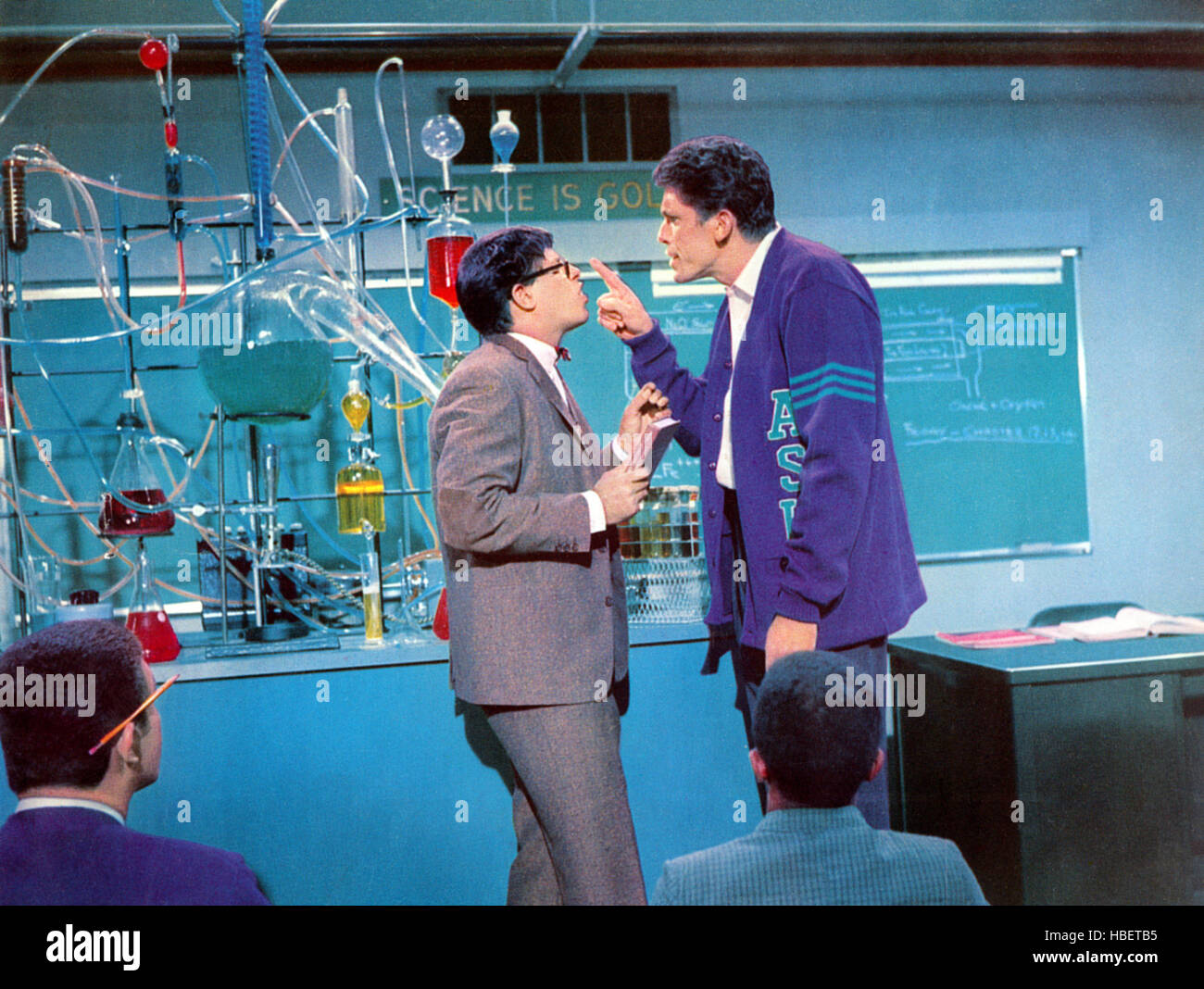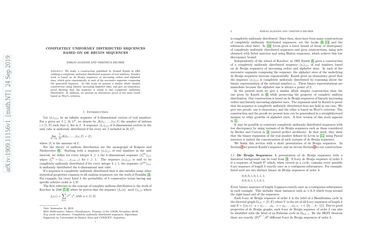5 Ways Joseph L Galloway Changed War Reporting
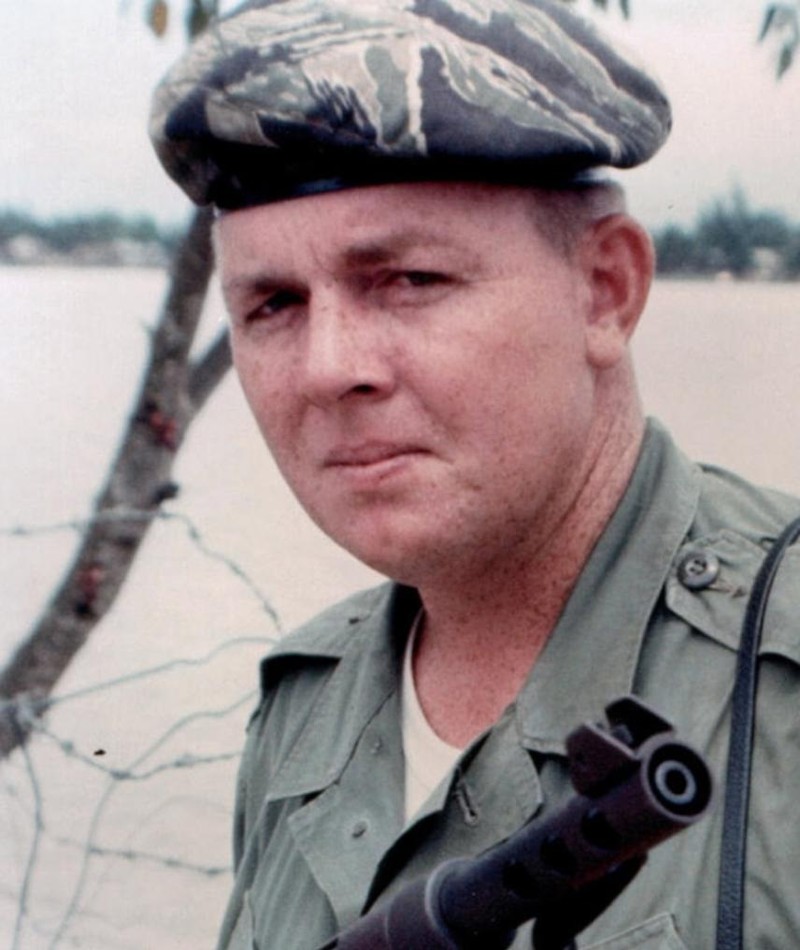
A New Era in War Reporting
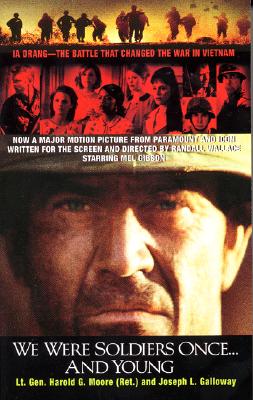
The world of war reporting has undergone significant transformations over the years, and one man who played a pivotal role in shaping its landscape is Joseph L. Galloway. As a renowned American war correspondent, Galloway’s contributions to the field are numerous and far-reaching. In this article, we will explore five ways in which Galloway changed the face of war reporting, leaving an indelible mark on the industry.
1. Embedding with Troops: A New Perspective
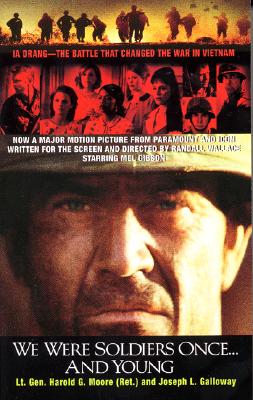
Galloway’s most significant contribution to war reporting was his pioneering work in embedding with troops. During the Vietnam War, he became one of the first journalists to accompany soldiers on the front lines, providing a unique and intimate perspective on the conflict. This approach allowed him to gather firsthand information and share the experiences of those fighting on the ground.
Breaking the Mold
By embedding with troops, Galloway broke the traditional mold of war reporting, which often relied on distant, observational reporting. His approach enabled him to capture the human side of war, highlighting the courage, fear, and camaraderie of soldiers in the midst of conflict.
2. The Use of Personal Stories
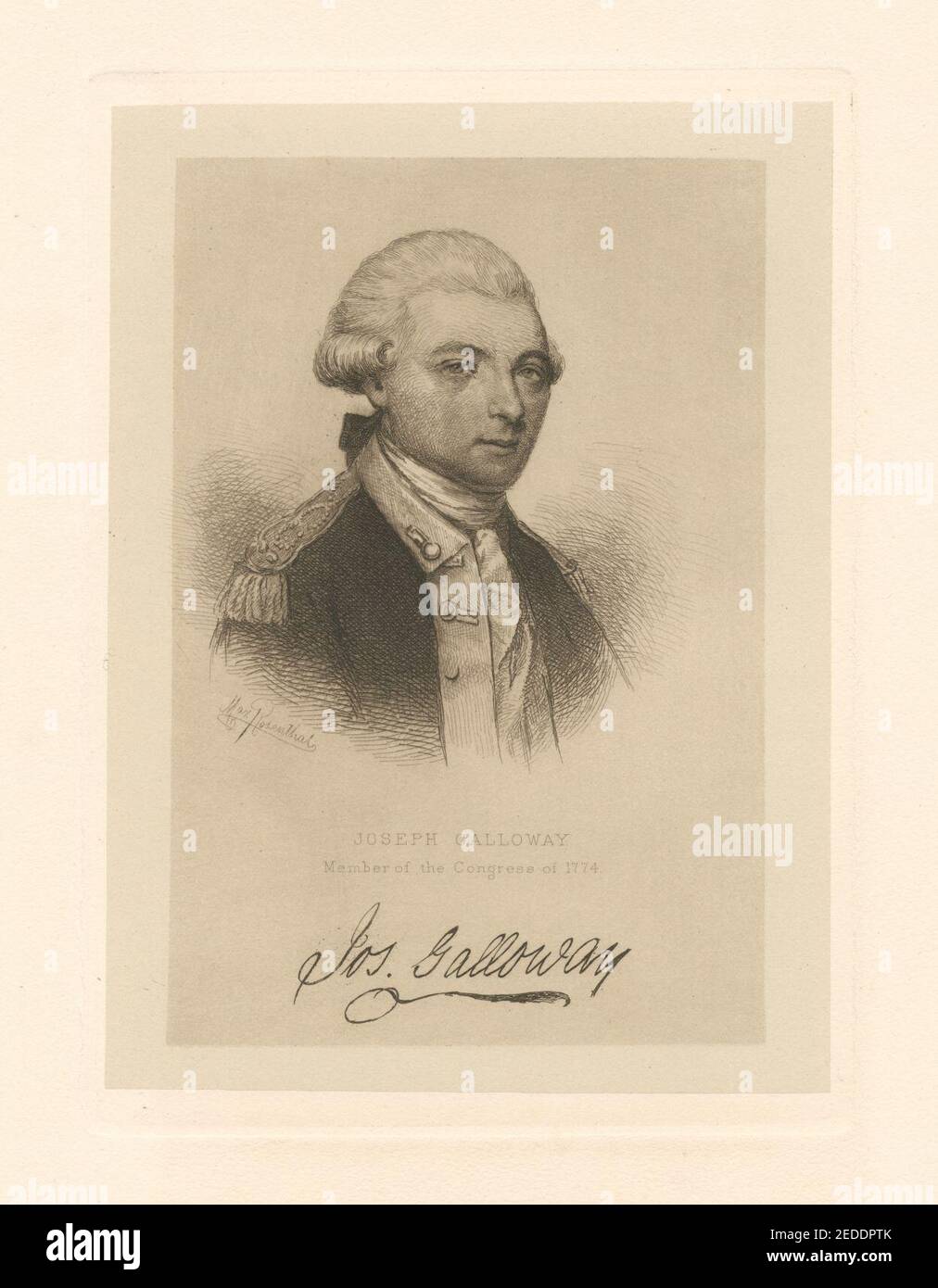
Galloway’s reporting style focused on the personal stories of soldiers, rather than just reporting on the facts of the conflict. He believed that by sharing the individual experiences of those involved, he could convey the emotional and psychological toll of war.
A More Humanizing Approach
By using personal stories, Galloway humanized the war, making it more relatable and accessible to his audience. This approach helped to create a deeper understanding of the conflict and its impact on those involved.
3. Reporting from the Ground Up

Galloway’s reporting style was characterized by his willingness to report from the ground up, rather than relying on official briefings or press releases. He believed that the best way to understand a conflict was to experience it firsthand.
Gathering Information from the Source
By reporting from the ground up, Galloway gathered information from the source, rather than relying on second-hand accounts. This approach allowed him to provide a more accurate and nuanced understanding of the conflict.
4. Collaborations and Friendships
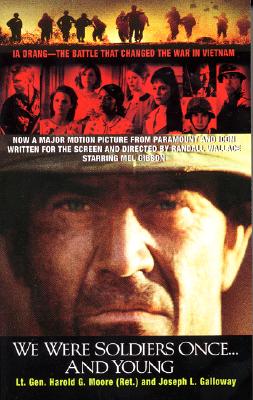
Throughout his career, Galloway formed close relationships with the soldiers he reported on. These friendships not only provided him with valuable insights but also helped to create a sense of trust and understanding between him and his subjects.
Building Relationships
Galloway’s ability to build relationships with soldiers was a key factor in his success as a war correspondent. These collaborations enabled him to gain a deeper understanding of the conflict and share the stories of those involved.
5. A Legacy of Impact
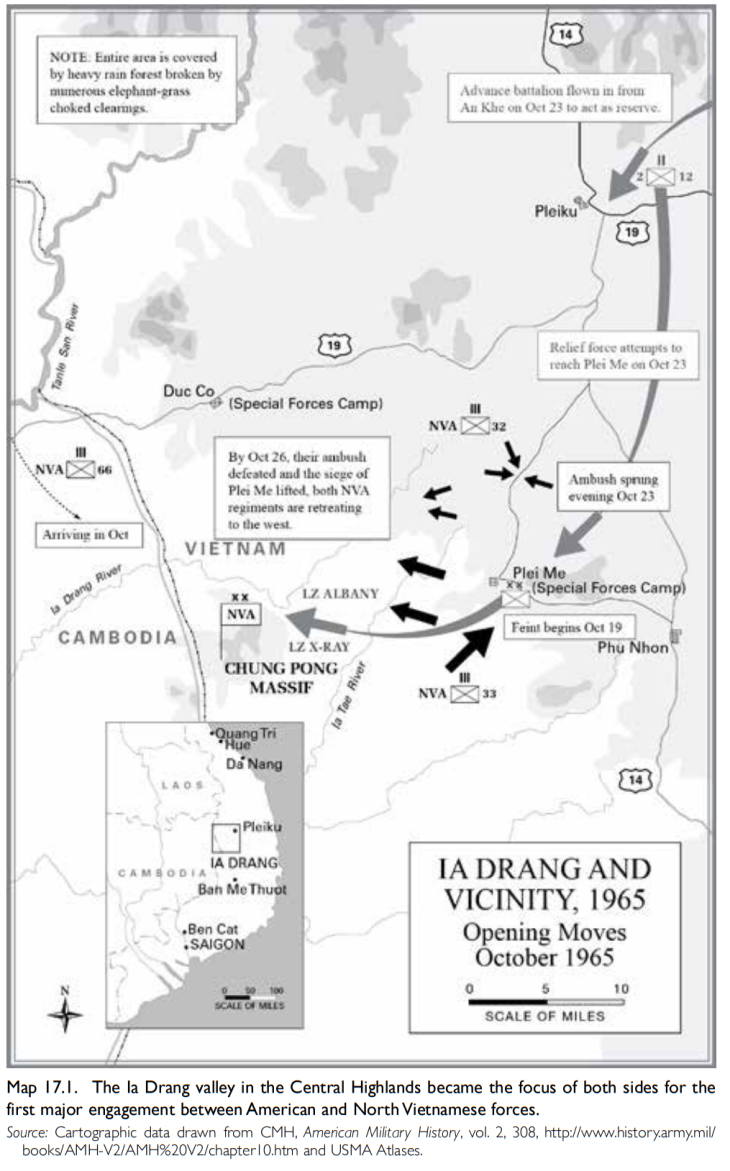
Galloway’s contributions to war reporting have had a lasting impact on the industry. His pioneering work in embedding with troops, using personal stories, and reporting from the ground up has influenced generations of war correspondents.
A Lasting Legacy
Galloway’s legacy extends beyond his own reporting. He has inspired countless journalists to follow in his footsteps, and his work continues to be studied by scholars and journalists around the world.
💡 Note: Galloway's reporting style was not without controversy. Some critics argued that his close relationships with soldiers compromised his objectivity. However, his supporters argued that his approach provided a more nuanced and humanizing perspective on war.
As we reflect on Galloway’s contributions to war reporting, it is clear that his impact will be felt for generations to come. His pioneering work has set a new standard for war reporting, one that prioritizes the human experience and provides a more nuanced understanding of conflict.
What was Joseph L. Galloway’s most significant contribution to war reporting?
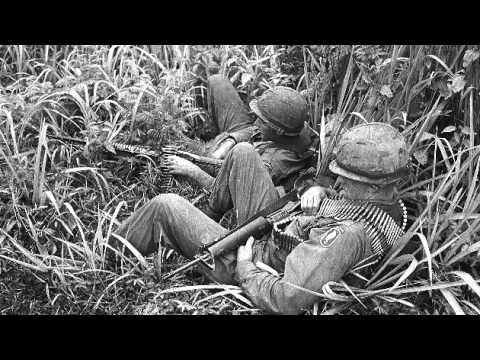
+
Galloway’s most significant contribution was his pioneering work in embedding with troops, providing a unique and intimate perspective on the conflict.
How did Galloway’s reporting style differ from traditional war reporting?
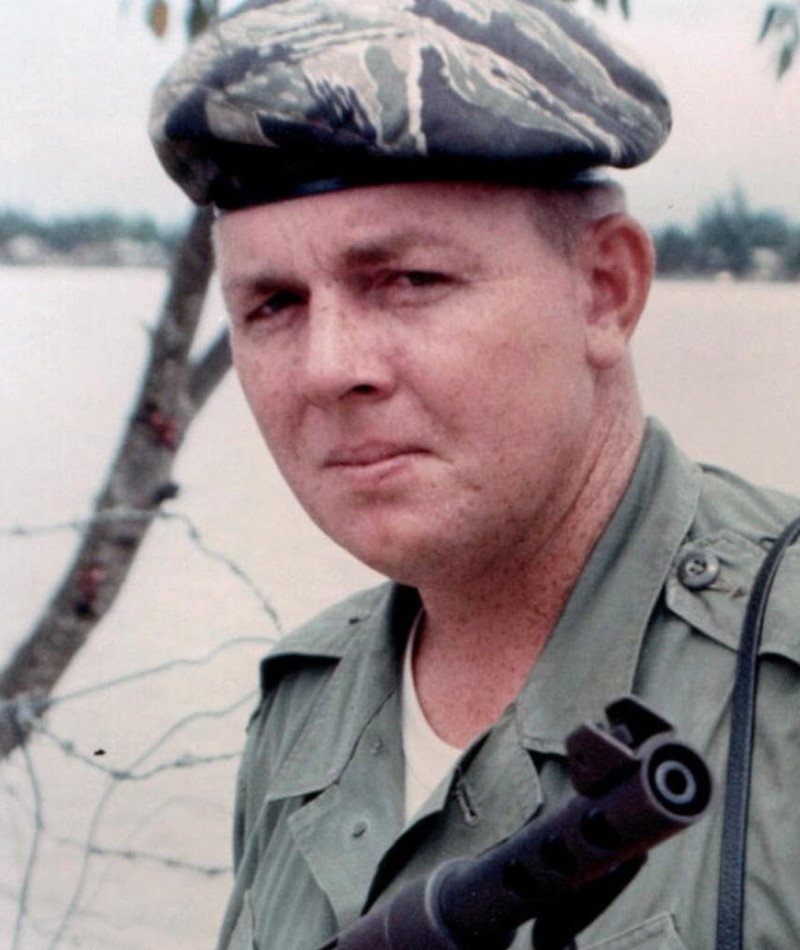
+
Galloway’s reporting style focused on personal stories, reporting from the ground up, and forming close relationships with soldiers. This approach humanized the war and provided a more nuanced understanding of the conflict.
What was the impact of Galloway’s reporting on the industry?
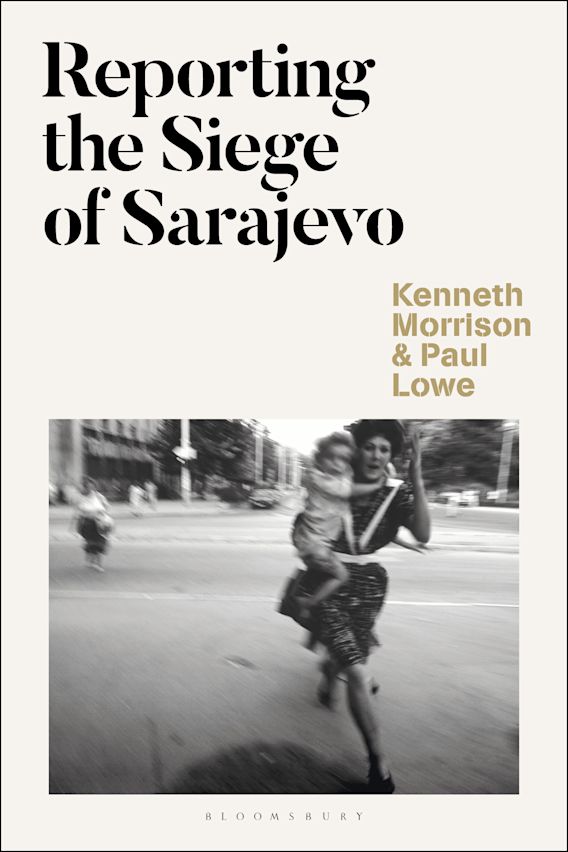
+
Galloway’s reporting style has influenced generations of war correspondents, and his work continues to be studied by scholars and journalists around the world.

